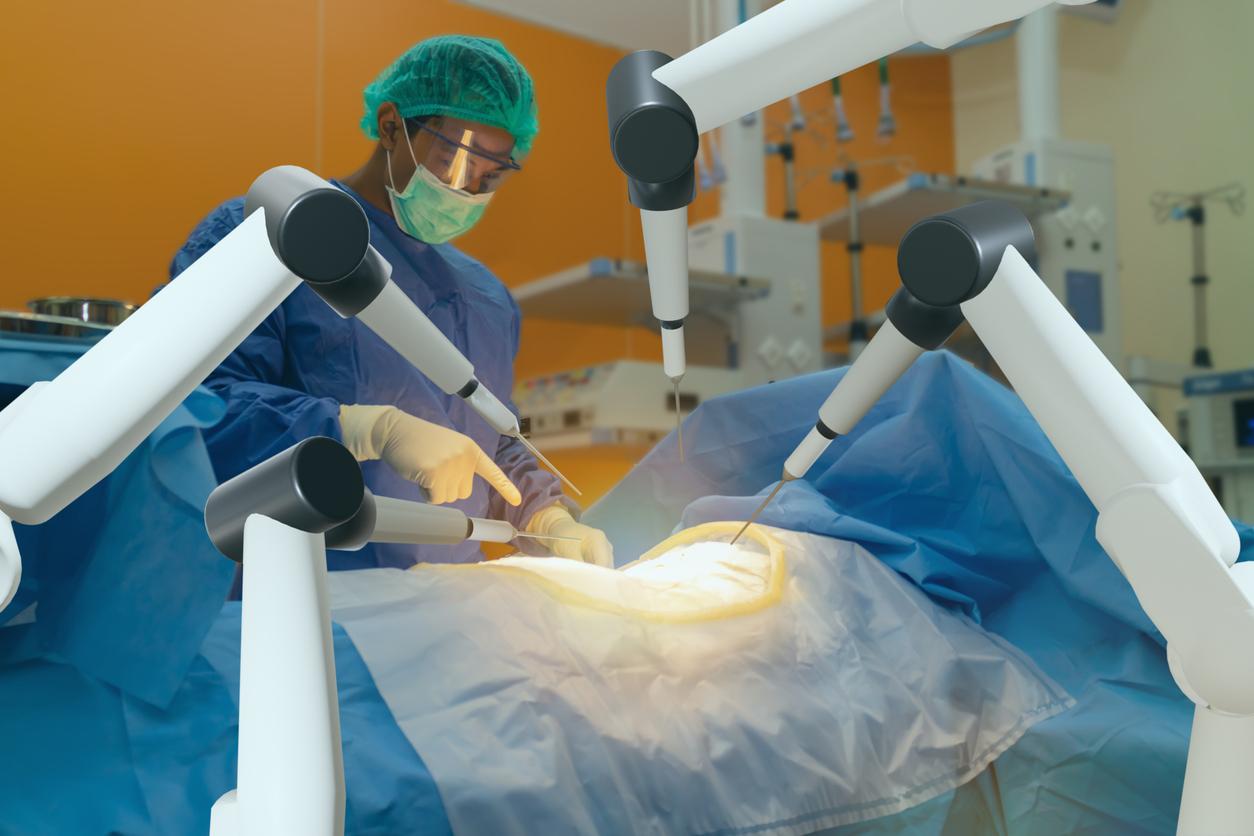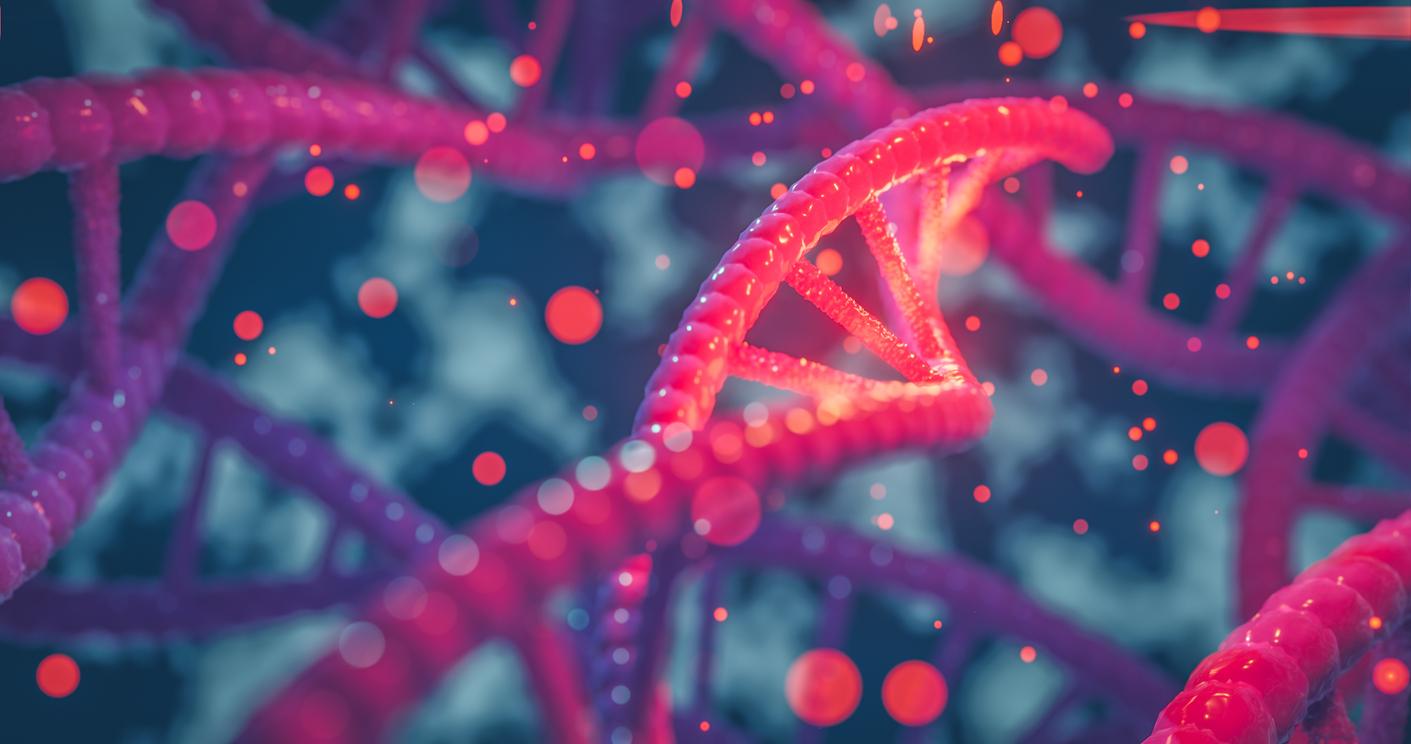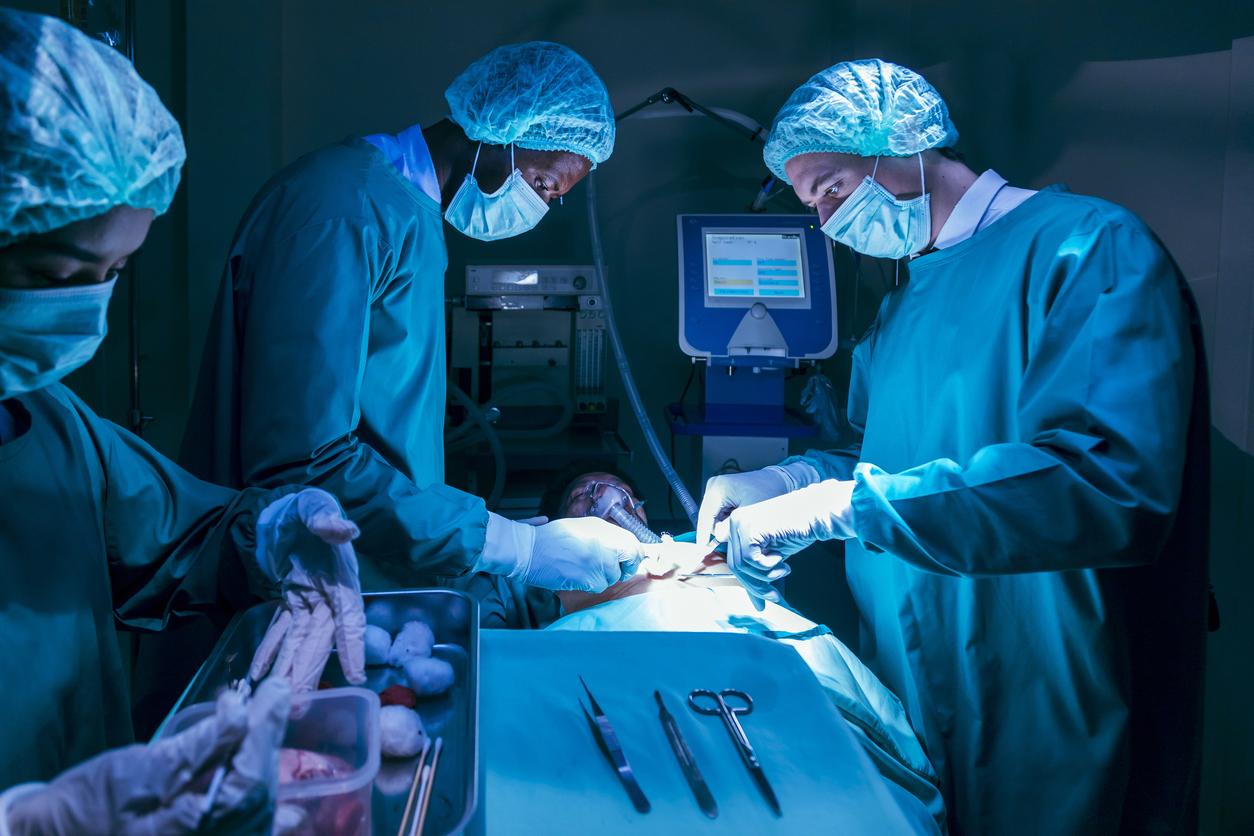Piglets have been genetically modified in order to avoid the risk of transmission of a virus during organ transplantation to humans.

The pigs will save us. An international scientific team has succeeded in genetically modifying piglets to make their organs more compatible for transplants to humans. The works published in the journal Science and constitute a major step forward.
In fact, pigs are studied for their biocompatibility with humans. In previous work, researchers have used these animals to transplant heart valves and pancreas.
CRISPR-Cas9
But the hopes generated by these breakthroughs remain hampered by a major risk. Indeed, xenotransplantation, the name of these animal organ transplants on humans, involve the risk of transmission of a virus which is feared that it could infect humans.
However, the team of geneticists successfully used the CRISPR-Cas9 method to remove the genes responsible for these viruses in porcine DNA, before developing the embryos. Thus, 37 piglets were born, with organs potentially suitable for transplantation into humans. Porcine organs “can grow to an ideal size for humans,” the authors add.
Tackling organ shortage
But if this viral risk is ruled out, “the pigs will need other modifications so that the organs are not rejected by the human immune system, or do not cause other damage”, warn the scientists.
Xenotransplantation could offer solutions to the organ donation shortage. In France, nearly 50,000 people live with a transplanted organ; 12,000 grafts are missing each year to meet demand.
.
















